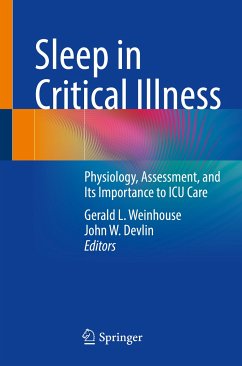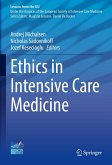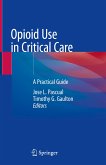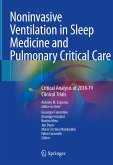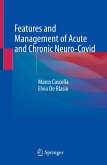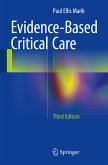This state of the art book summarizes current knowledge regarding sleep during critical illness and recovery and how the risk factors, recognition, and outcomes associated with sleep in the ICU differ from those of healthy adults. Chapters address sleep quality in both the research environment and during routine care, the factors that disrupt sleep architecture and circadian biology in the ICU setting, medications that alter sleep architecture and those that can be used to improve it, the relationship between sleep and sedation and between sleep and delirium, and current strategies that can be used to improve sleep in the vulnerable ICU population. Written by experts in the field, Sleep in Critical Illness is a valuable resource for all members of the ICU interprofessional team including critical care physicians, nurses, physician assistants, pharmacists, and respiratory therapists as well as clinicians who consult in the ICU and post-ICU settings.
Dieser Download kann aus rechtlichen Gründen nur mit Rechnungsadresse in A, B, BG, CY, CZ, D, DK, EW, E, FIN, F, GR, HR, H, IRL, I, LT, L, LR, M, NL, PL, P, R, S, SLO, SK ausgeliefert werden.

